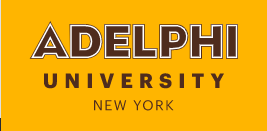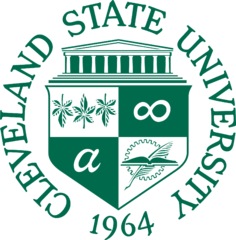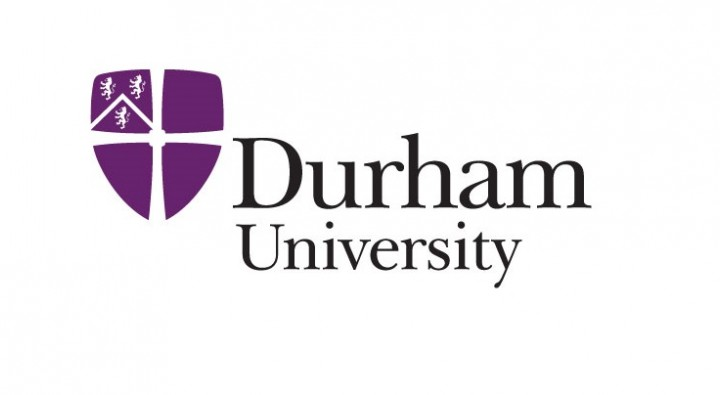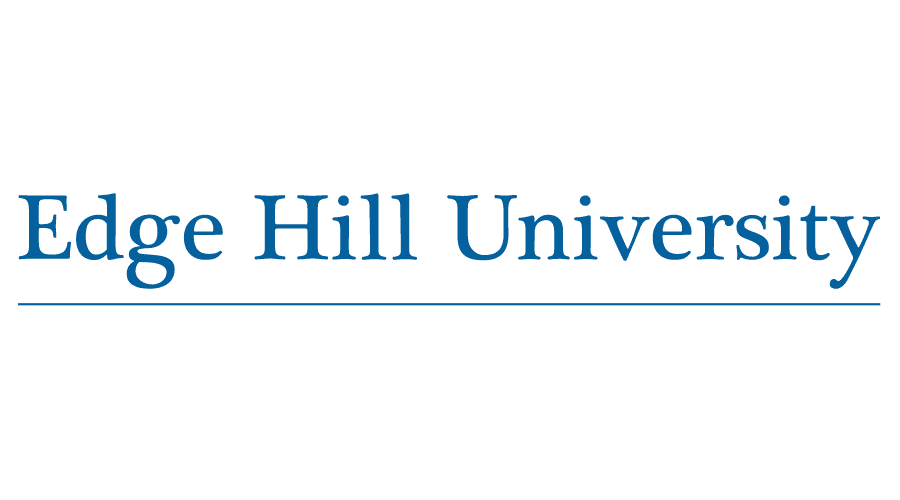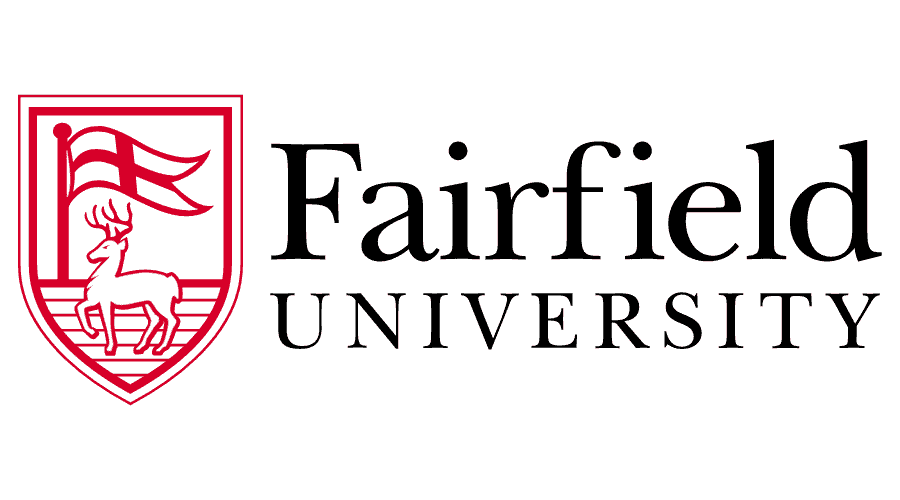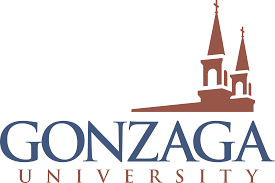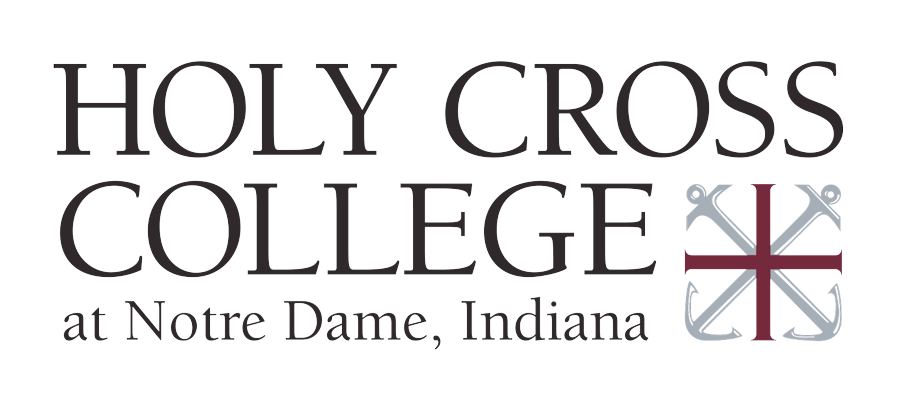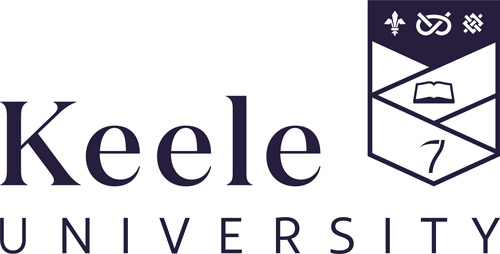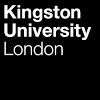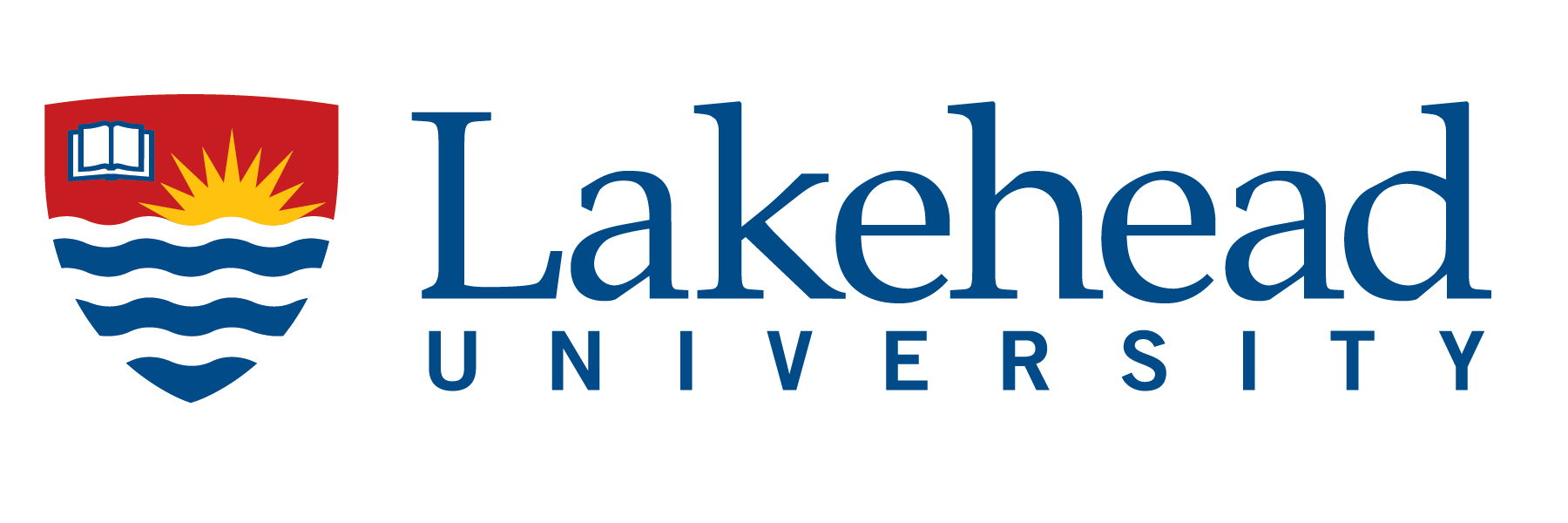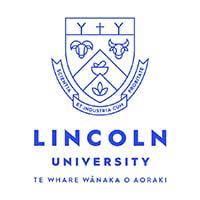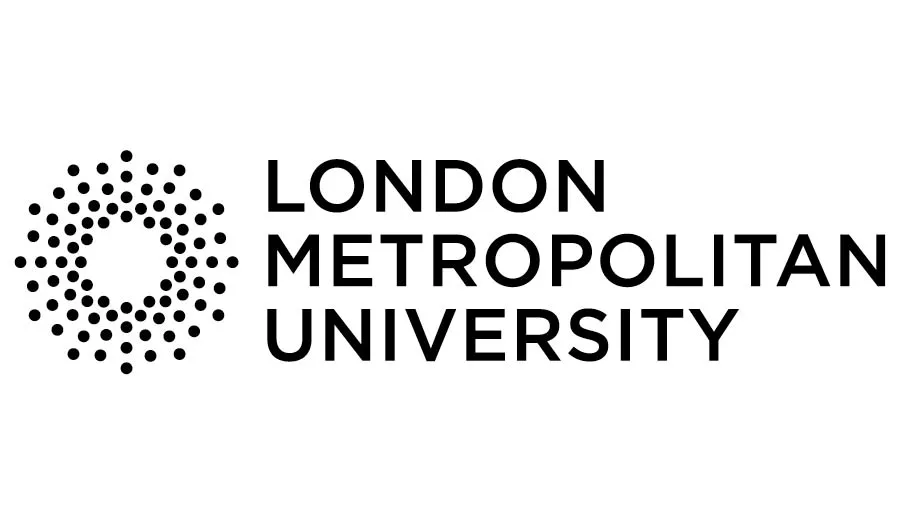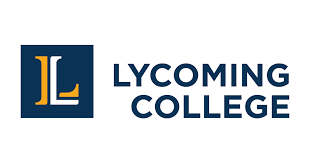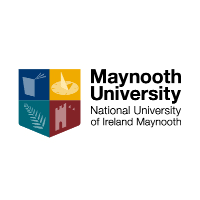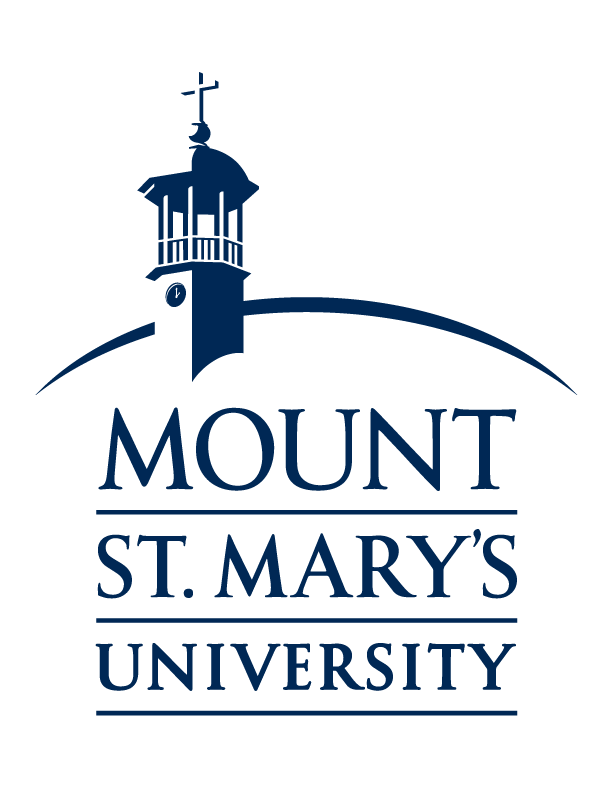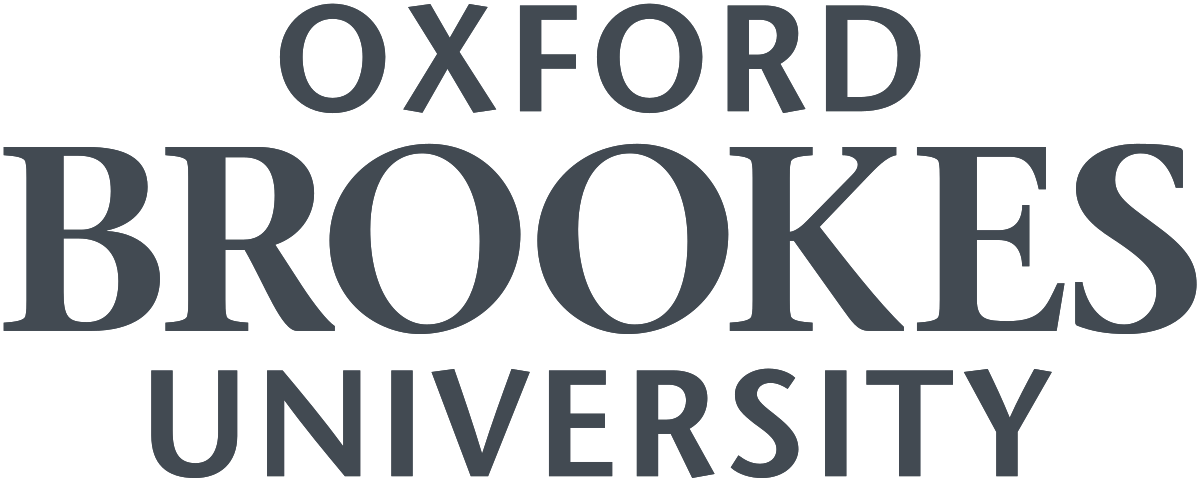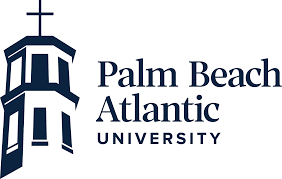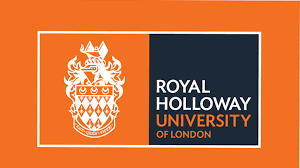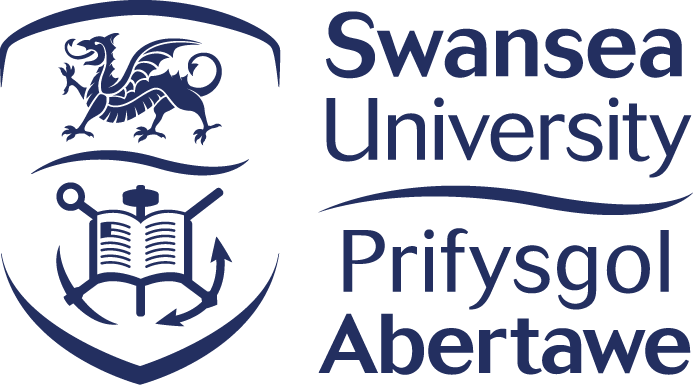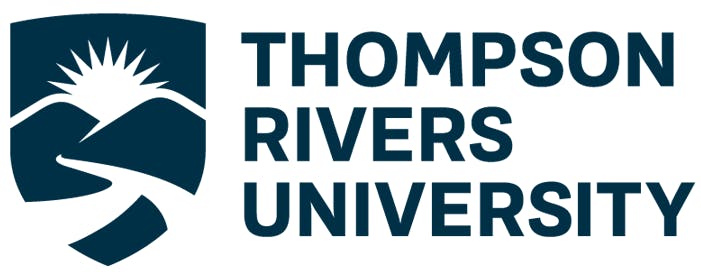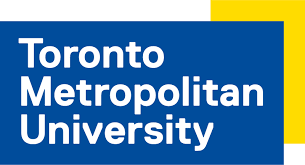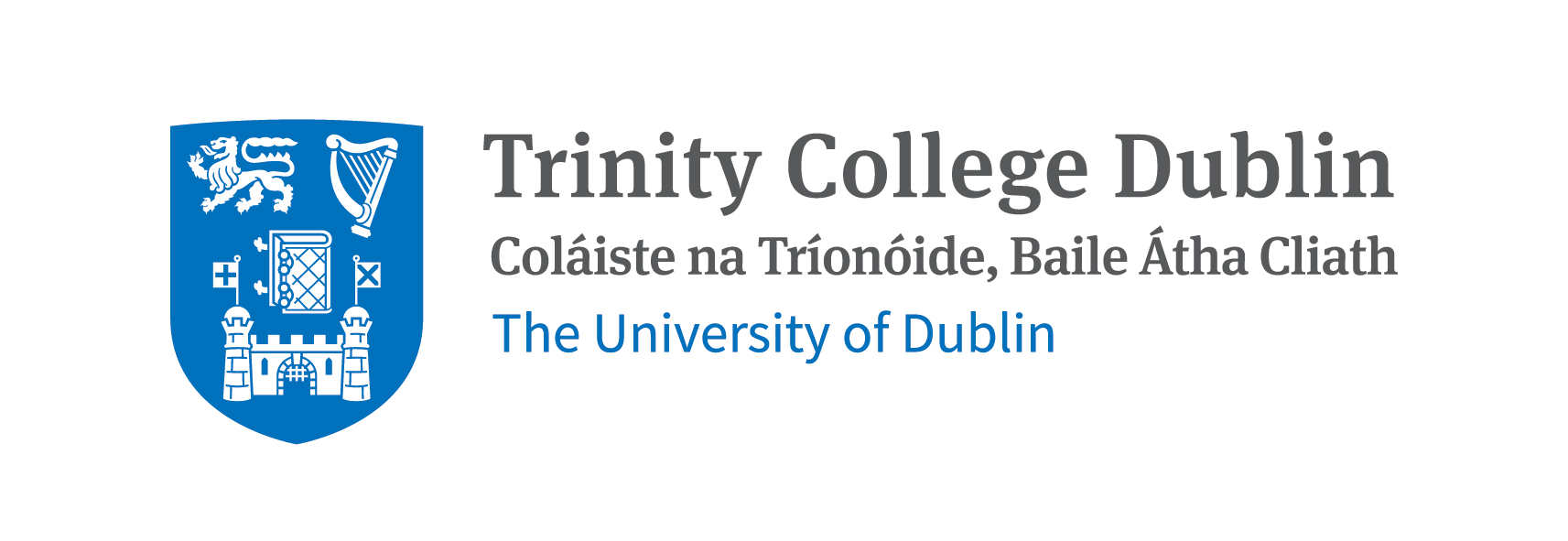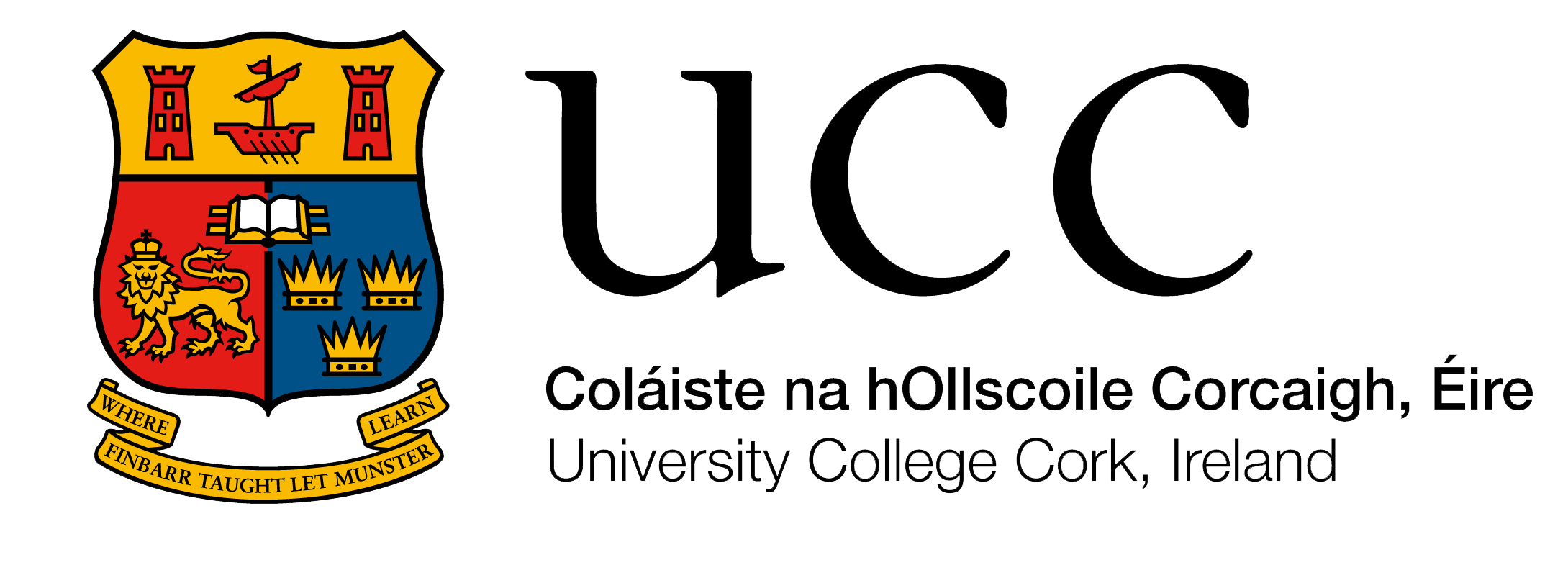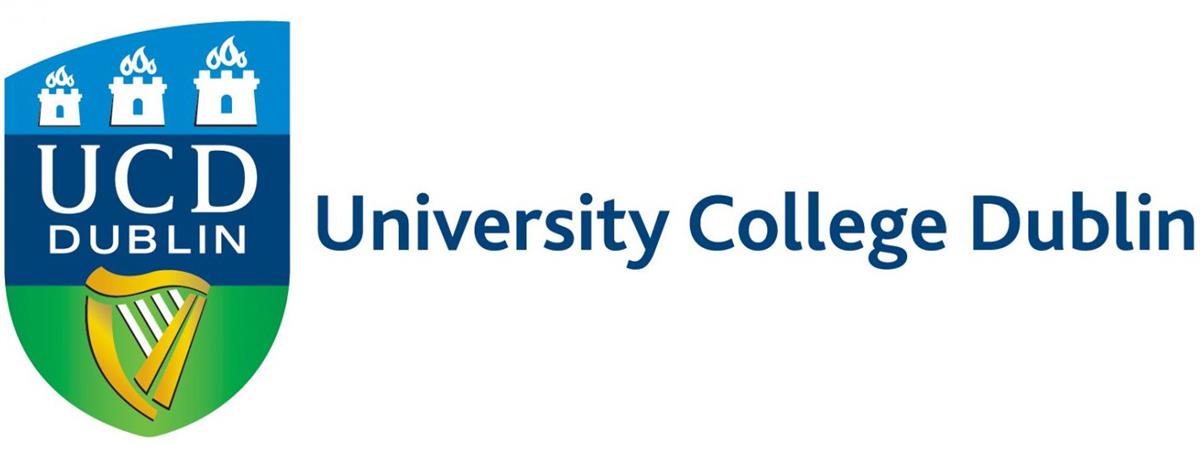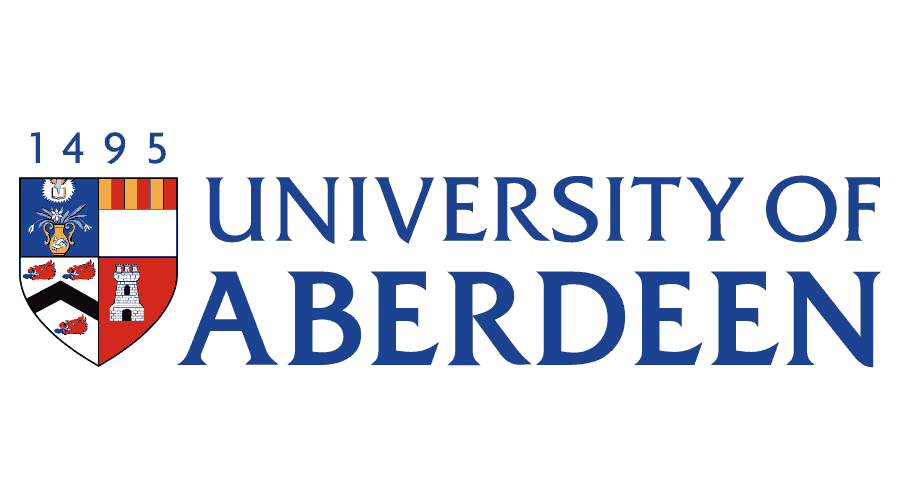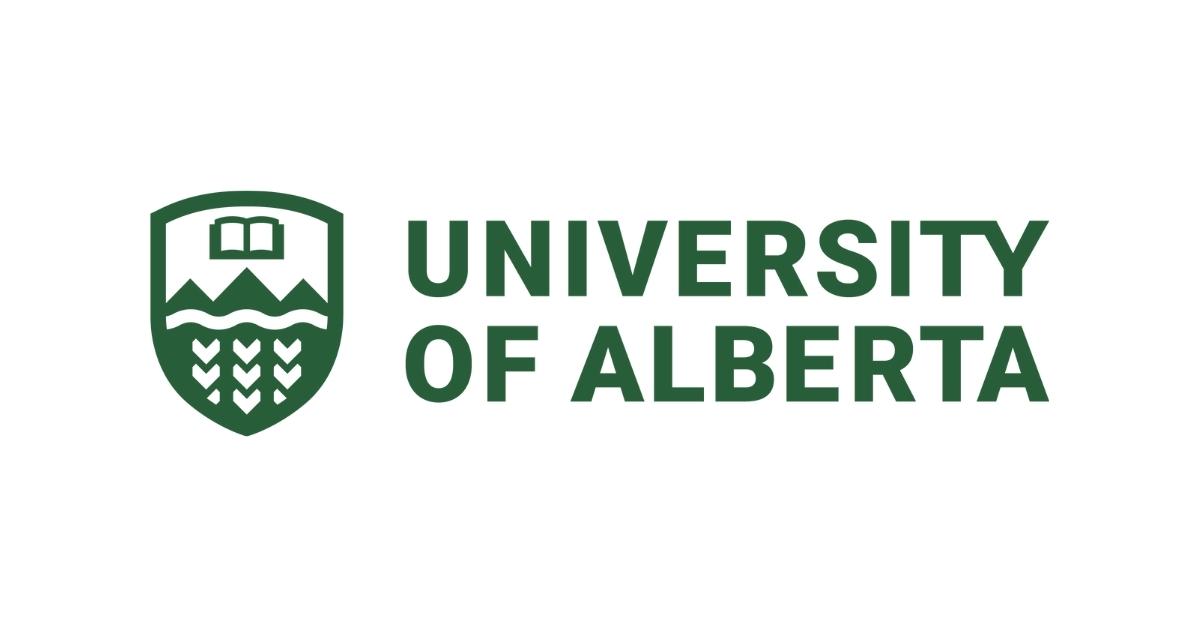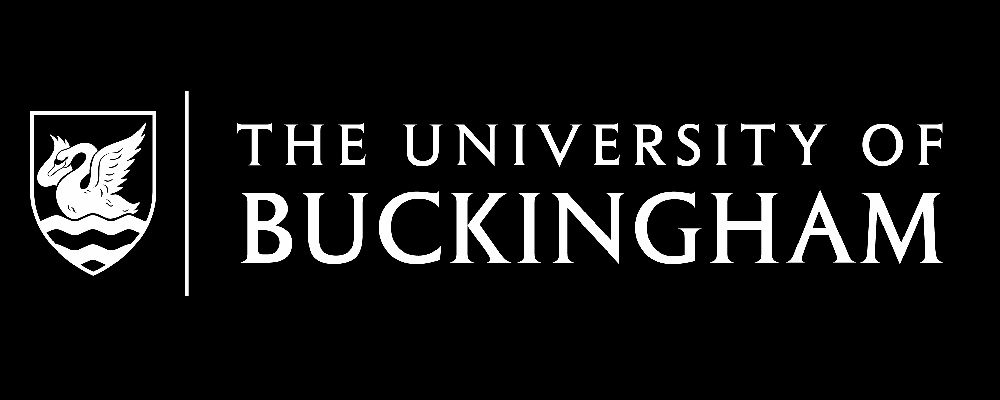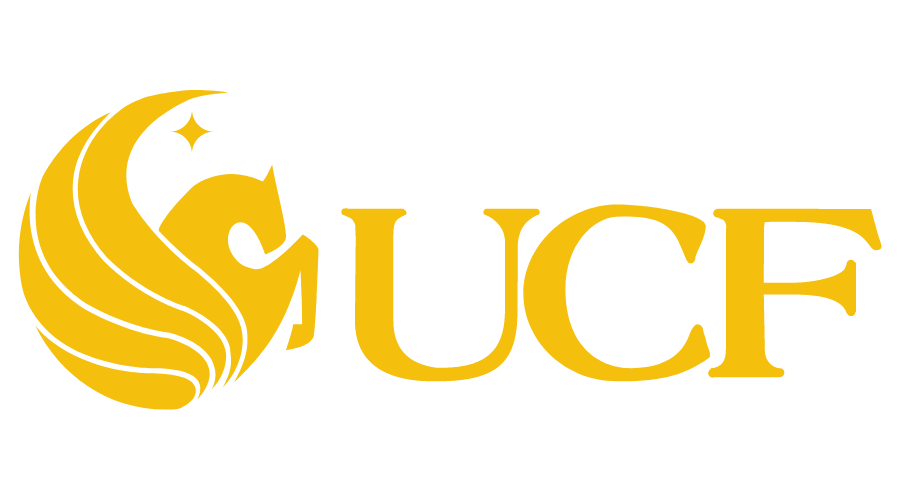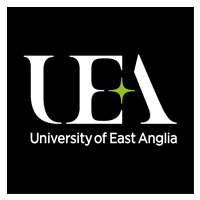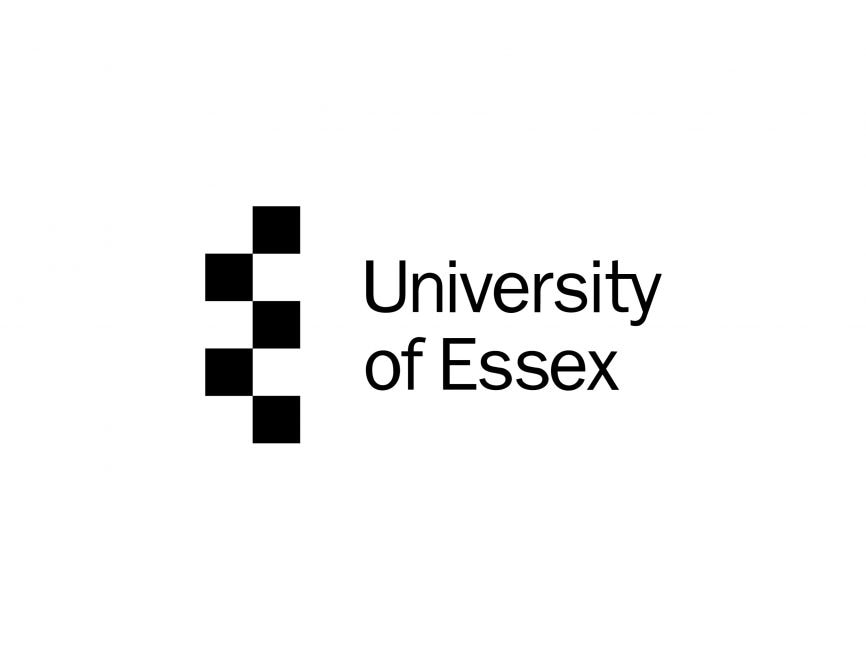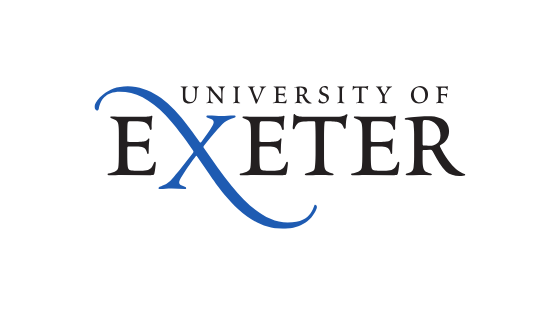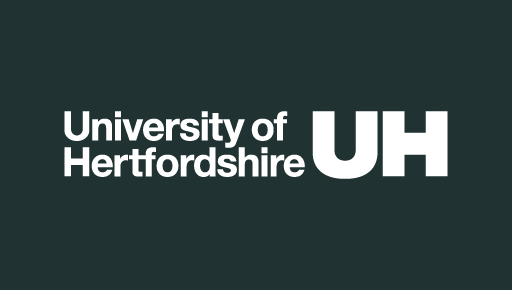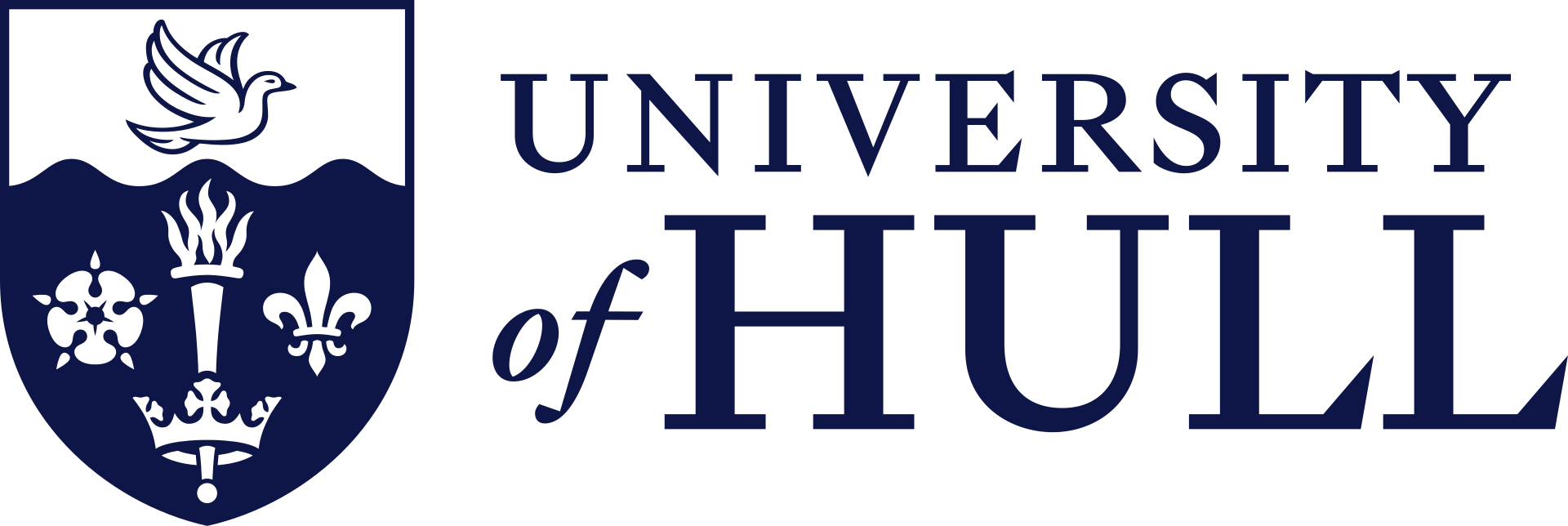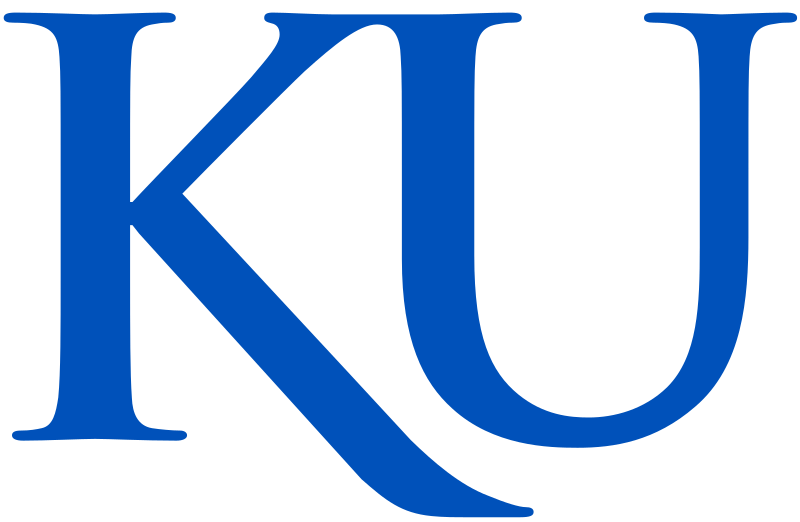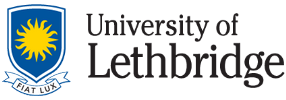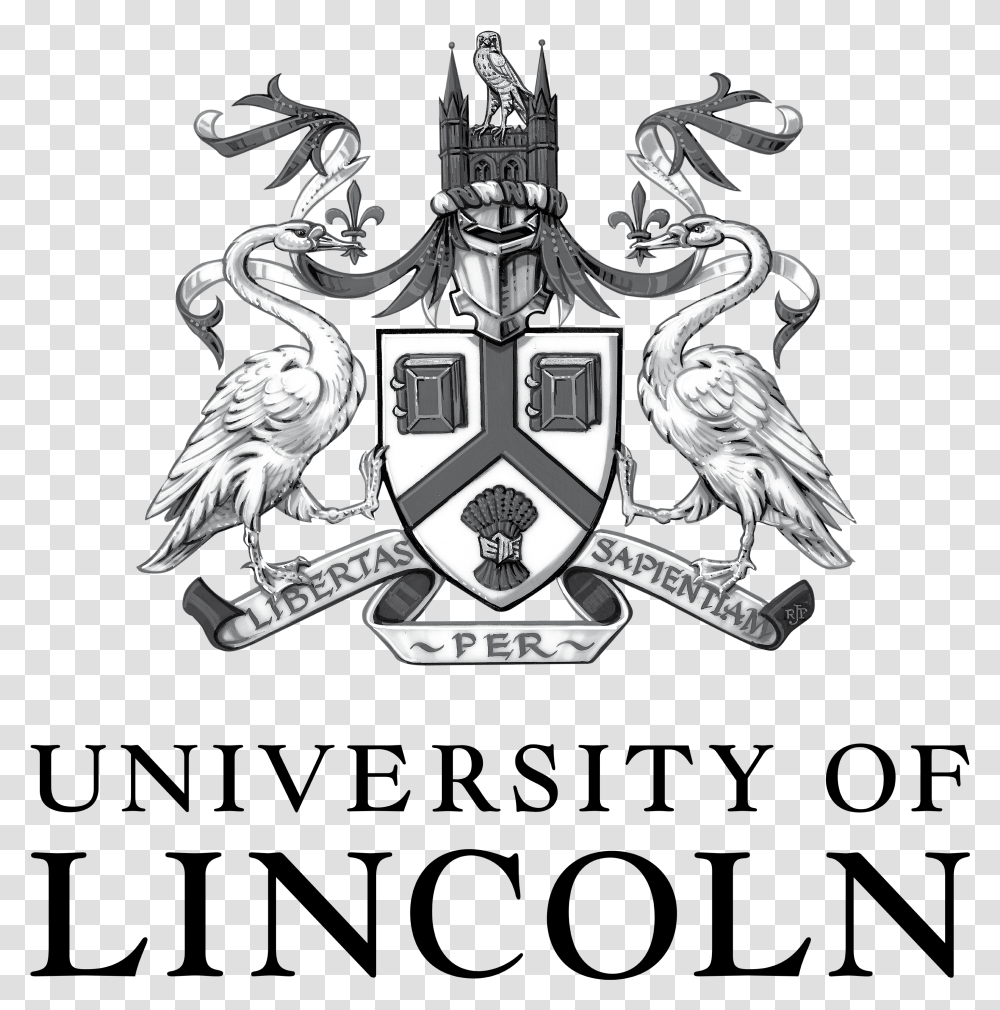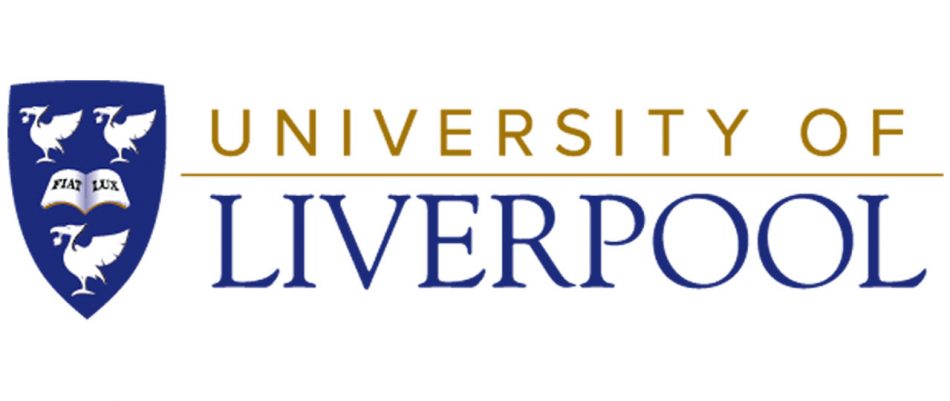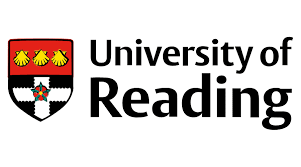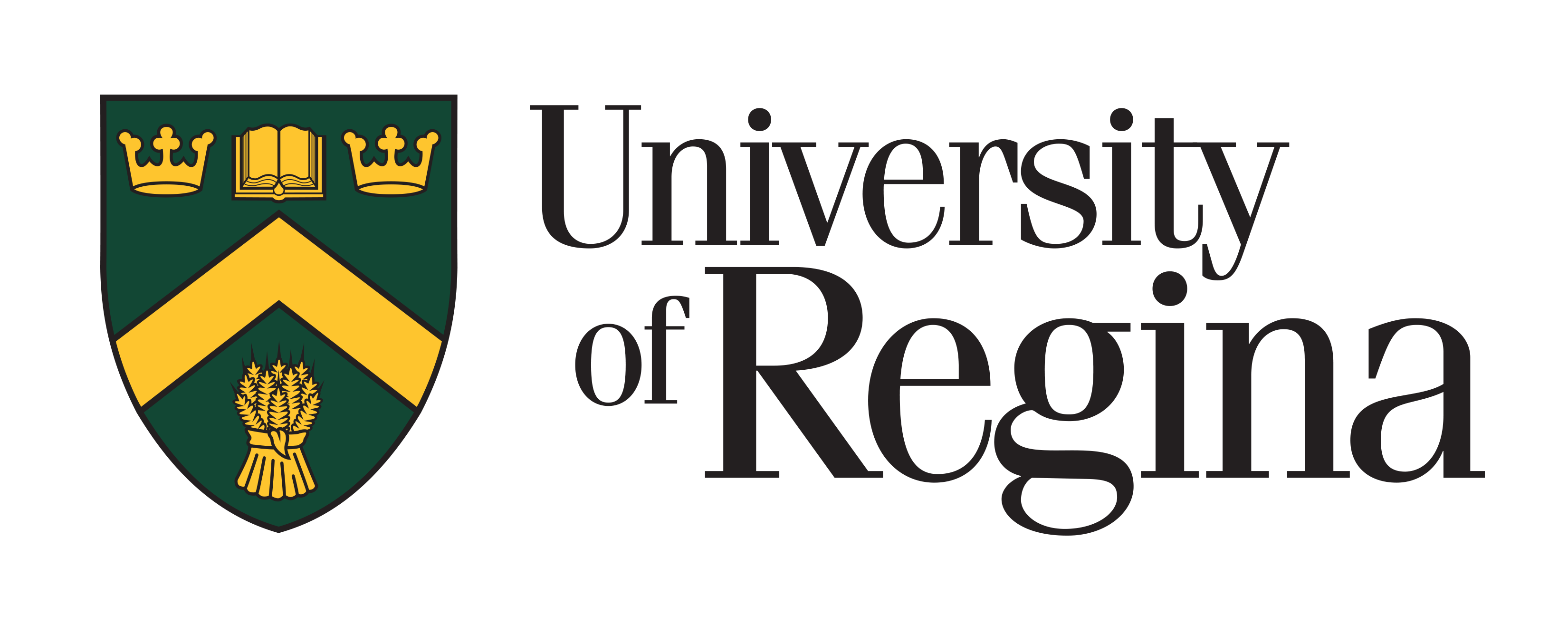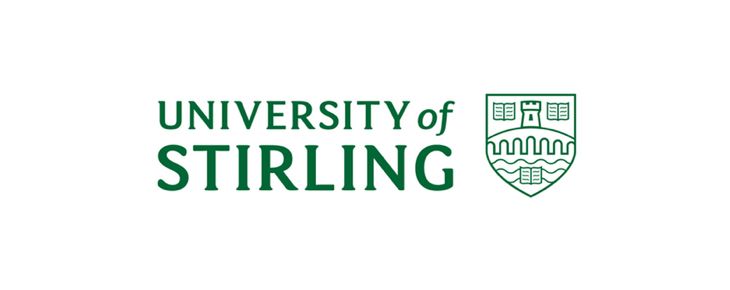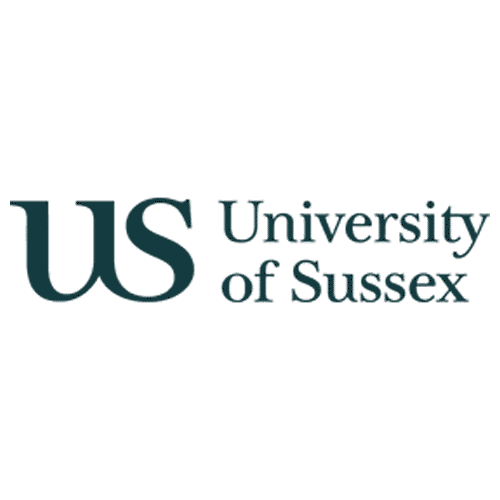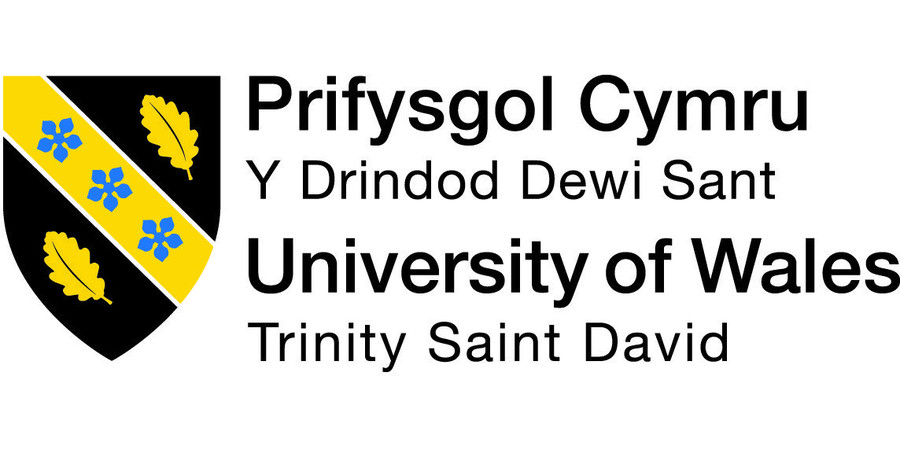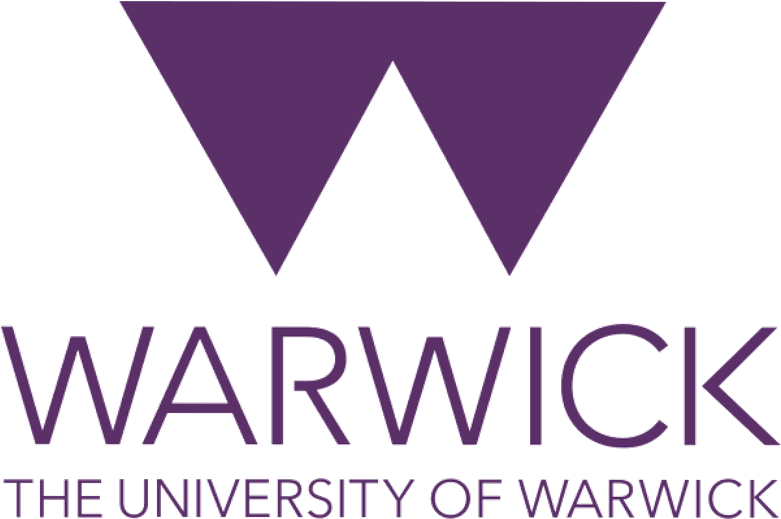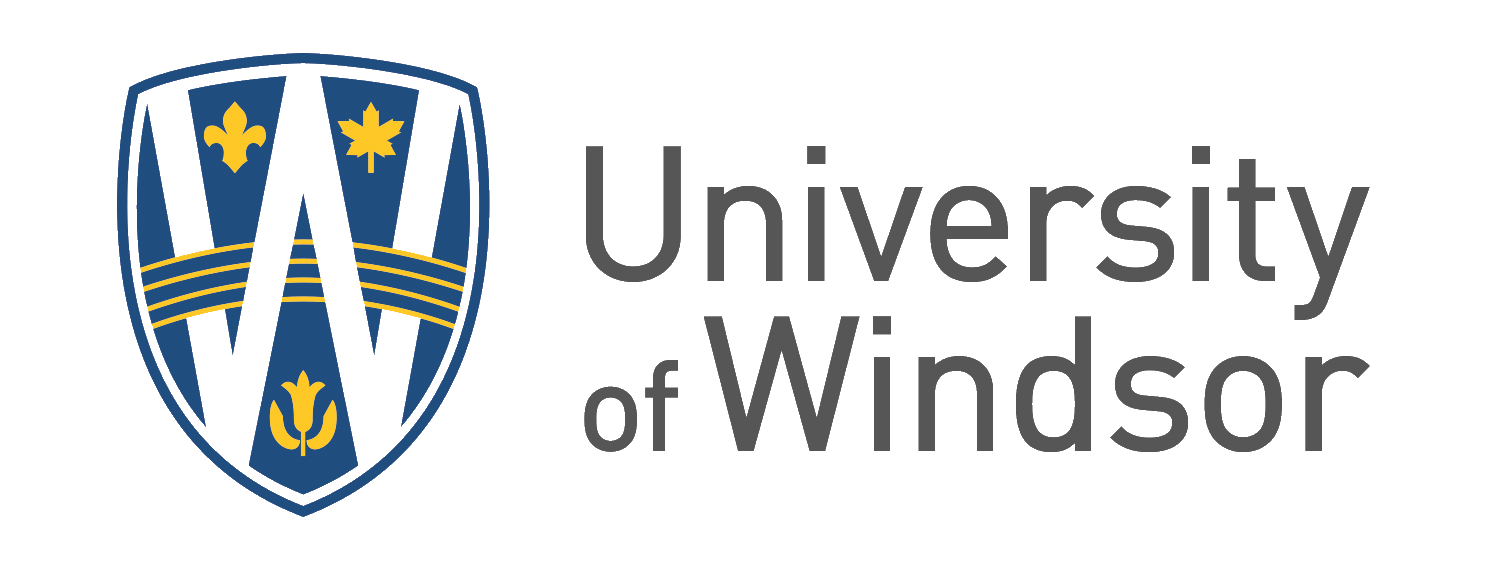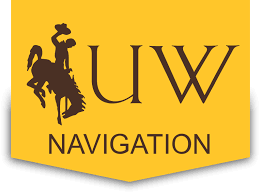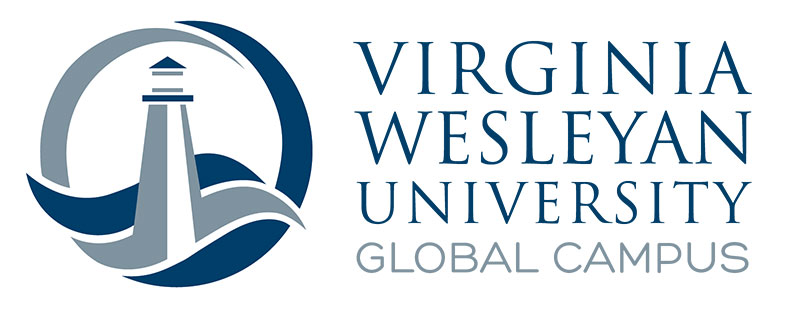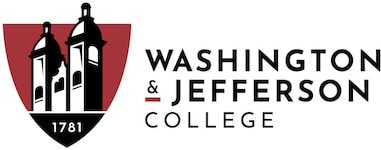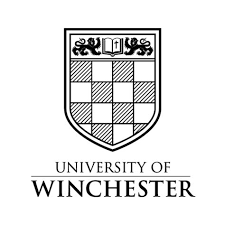Study Philosophy Abroad: Exploring the Depths of Human Thought
Philosophy, the timeless pursuit of understanding life's fundamental questions, offers Indian students a unique opportunity to broaden their intellectual horizons while studying abroad. From ancient Indian thinkers like Adi Shankara and Buddha to modern global philosophers, this discipline bridges Eastern and Western wisdom. For ambitious Indian students dreaming of international education, pursuing a degree in Philosophy abroad can foster critical thinking, ethical reasoning, and cultural awareness—skills that are invaluable in today's interconnected world. Whether you're passionate about metaphysics, ethics, or political philosophy, studying abroad in renowned universities will immerse you in diverse perspectives and prepare you for a fulfilling career.
Why Study Philosophy Abroad as an Indian Student?
Studying Philosophy abroad isn't just about acquiring knowledge; it's about transforming your worldview. Indian students, with their rich heritage in philosophical traditions like Vedanta and Nyaya, bring a unique viewpoint to global classrooms. Abroad, you'll engage with cutting-edge debates influenced by thinkers like Plato, Kant, and contemporary philosophers addressing AI ethics and climate justice.
- Develop Critical Thinking: Philosophy hones your ability to analyze arguments, question assumptions, and articulate ideas clearly—essential for leadership roles in any field.
- Cultural Immersion: Experience diverse cultures firsthand, from debating existentialism in European cafes to exploring indigenous philosophies in Australia, enhancing your global employability.
- Flexible Career Paths: Unlike technical degrees, Philosophy equips you for versatile professions, including law, business, journalism, and academia.
- Scholarships and Funding: Many universities offer merit-based scholarships for international students, including those from India, reducing financial barriers.
- Networking Opportunities: Connect with professors and peers from around the world, building a network that spans continents.
For Indian students, this journey also means bridging the gap between traditional Indian philosophy and modern global discourse, making you a standout candidate in competitive job markets back home or abroad.
Top Destinations for Philosophy Studies
Choosing the right destination is crucial for your study abroad experience. Countries with strong philosophical traditions and supportive environments for international students top the list. Below is a table highlighting popular destinations, key universities, and why they're ideal for Indian students.
| Country | Top Universities | Why Ideal for Indian Students? | Average Tuition (per year, USD) |
|---|---|---|---|
| United Kingdom | University of Oxford, University of Cambridge, University College London | Rich history in analytic philosophy; short program durations (3 years for BA); vibrant Indian student communities and post-study work visas. | 20,000 - 35,000 |
| United States | Harvard University, New York University, Stanford University | Diverse curricula including Eastern philosophy; generous scholarships like Fulbright for Indians; optional practical training (OPT) for work experience. | 30,000 - 60,000 |
| Canada | University of Toronto, McGill University, University of British Columbia | Affordable living costs; welcoming immigration policies with pathways to permanent residency; focus on ethics and environmental philosophy. | 15,000 - 40,000 |
| Australia | University of Melbourne, Australian National University, University of Sydney | Strong emphasis on indigenous and Asian philosophies; post-study work rights up to 4 years; scholarships like Australia Awards for South Asians. | 20,000 - 45,000 |
| Germany | University of Heidelberg, Humboldt University of Berlin, Free University of Berlin | Low or no tuition fees for public universities; integration of phenomenology and critical theory; English-taught programs available. | 0 - 5,000 (admin fees) |
These destinations offer a blend of academic excellence and practical support, such as English-language programs and cultural adaptation resources tailored for students from India.
Core Areas of Study in Philosophy
A Philosophy degree abroad typically covers a wide array of subfields, allowing you to specialize based on your interests. Programs often start with foundational courses and progress to advanced seminars. Here's a structured overview of key areas:
Main Branches of Philosophy
- Metaphysics and Epistemology: Explore the nature of reality and knowledge. Question: What exists beyond the physical world? Courses delve into ontology, free will, and skepticism, drawing from Indian concepts like Maya (illusion) alongside Western idealism.
- Ethics and Moral Philosophy: Examine right and wrong, virtue, and justice. Study utilitarianism (Bentham, Mill) and deontology (Kant), with applications to contemporary issues like bioethics and AI morality—relevant for India's growing tech sector.
- Logic and Philosophy of Language: Learn formal reasoning and how words shape thought. This builds analytical skills, useful for competitive exams like UPSC back in India.
- Political Philosophy: Analyze power, rights, and governance. From Rawls' theory of justice to Gandhi's non-violence, you'll connect global ideas to Indian democracy.
- Philosophy of Mind and Science: Investigate consciousness, neuroscience, and the scientific method. Ideal for students interested in cognitive science or philosophy of religion, incorporating Vedantic views on the self.
- Aesthetics and Existentialism: Delve into beauty, art, and the meaning of life. Thinkers like Sartre and Nietzsche inspire personal growth, resonating with Indian spiritual traditions.
Many programs include interdisciplinary options, such as Philosophy with Law or Philosophy, Politics, and Economics (PPE), popular at Oxford and appealing to Indian students aiming for civil services or international relations.
Career Opportunities After Studying Philosophy Abroad
A Philosophy degree opens doors to diverse careers, far beyond academia. Graduates are prized for their ability to think deeply and communicate effectively. For Indian students, this qualification enhances prospects in both domestic and global markets.
- Academia and Research: Pursue a PhD and become a professor or researcher. Universities in India like JNU or IITs value international Philosophy credentials.
- Law and Public Policy: Excel in legal analysis or policy-making. Many Philosophy alumni enter law school or roles in NGOs like Amnesty International.
- Business and Consulting: Analytical skills shine in management consulting (e.g., McKinsey) or ethical AI roles at tech giants like Google or Infosys.
- Media and Journalism: Craft compelling narratives as writers, editors, or broadcasters, addressing philosophical underpinnings of current events.
- Non-Profit and Social Work: Apply ethical frameworks to human rights, environmental advocacy, or community development—aligning with India's social entrepreneurship boom.
- Tech and Innovation: Tackle dilemmas in data privacy or sustainable development, with high demand in Silicon Valley or Bangalore's startup ecosystem.
According to a 2023 survey by the American Philosophical Association, Philosophy majors have some of the highest median salaries post-graduation, often surpassing business degrees in mid-career earnings. In India, returning with an international degree can lead to roles in think tanks like ORF or positions in multinational corporations.
Tips for Indian Students Applying to Philosophy Programs Abroad
Navigating the application process can be daunting, but with preparation, it's achievable. Here's a step-by-step guide:
- Research Programs: Use platforms like QS World University Rankings to shortlist top Philosophy departments. Focus on those offering modules in Indian philosophy for cultural relevance.
- Prepare Documents: Craft a strong Statement of Purpose (SOP) highlighting your interest—perhaps linking your background in Indian scriptures to global philosophy. Include academic transcripts, IELTS/TOEFL scores (aim for 7.0+), and letters of recommendation.
- Secure Funding: Apply for scholarships like Chevening (UK), DAAD (Germany), or Inlaks Shivdasani Foundation for Indians. Budget for living expenses: $10,000–20,000 annually depending on the country.
- Visa and Adaptation: Understand student visa requirements (e.g., UK's Tier 4). Join Indian student associations abroad for support on homesickness or cultural adjustment.
- Entrance Exams: Some programs require GRE or subject tests; prepare via online resources like Khan Academy.
- Timeline: Start applications 12–18 months in advance. Deadlines typically fall between September and January for fall intake.
Remember, persistence pays off. Many successful Indian alumni, like Amartya Sen (Nobel laureate in Economics with philosophical roots), began their journeys abroad.
Student Testimonials: Real Stories from Indian Philosophy Graduates
"Studying Philosophy at Oxford was life-changing. As an Indian, I could integrate Upanishadic ideas into Western debates, which enriched my thesis on global ethics. Now, I'm a policy advisor in Delhi." – Priya Sharma, Oxford BA Philosophy (2022)
"Canada's multicultural vibe made transitioning easy. Philosophy taught me to question biases, helping me land a role in ethical consulting at a Toronto firm." – Arjun Patel, University of Toronto MA (2021)
Embark on Your Philosophical Journey Today
Studying Philosophy abroad is more than an education—it's a gateway to wisdom, empathy, and opportunity. For Indian students, it connects ancient heritage with future aspirations, empowering you to contribute meaningfully to society. Explore programs, apply boldly, and step into a world of profound inquiry. Your philosophical adventure awaits!


